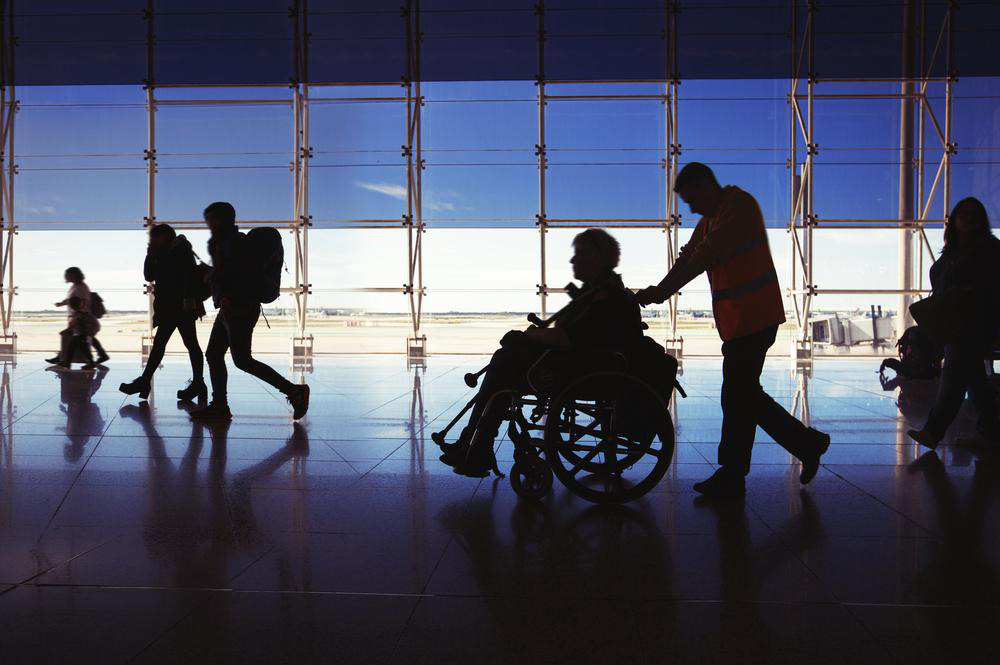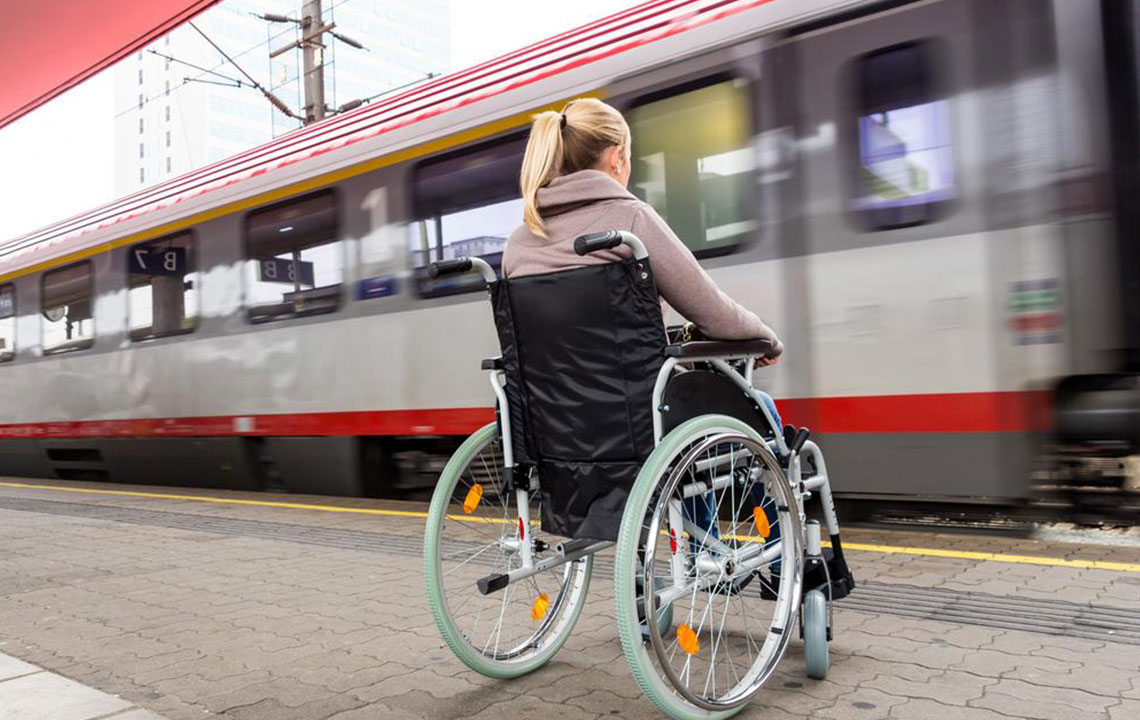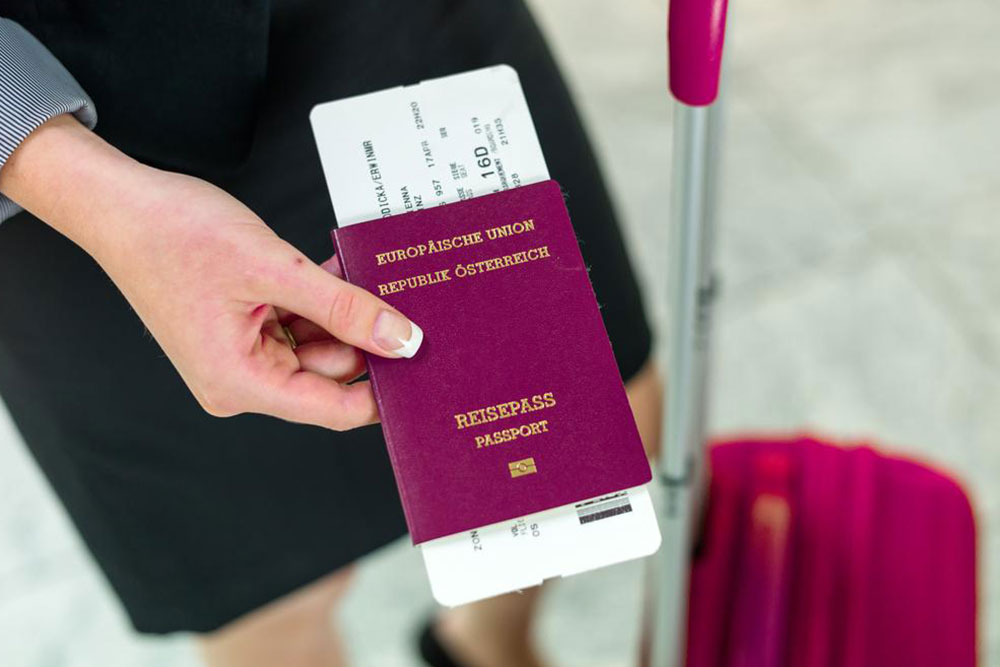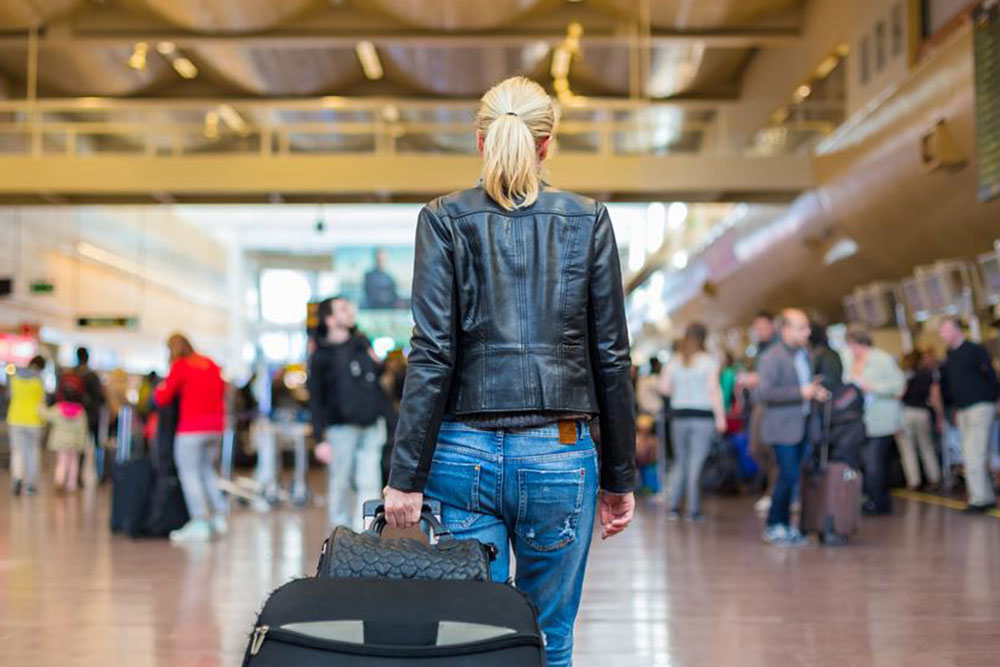Essential Air Travel Tips for Passengers with Disabilities
This article provides essential air travel tips for passengers with disabilities, guiding them through booking, assistance, and onboard considerations. It highlights the importance of verifying airline policies, arranging accommodations, and ensuring safety and comfort during travel. Proper planning and communication can make flying a smooth experience for travelers with disabilities, promoting independence and confidence on their journeys. Stay informed about assistance services, notification requirements, and onboard support to optimize your travel experience.
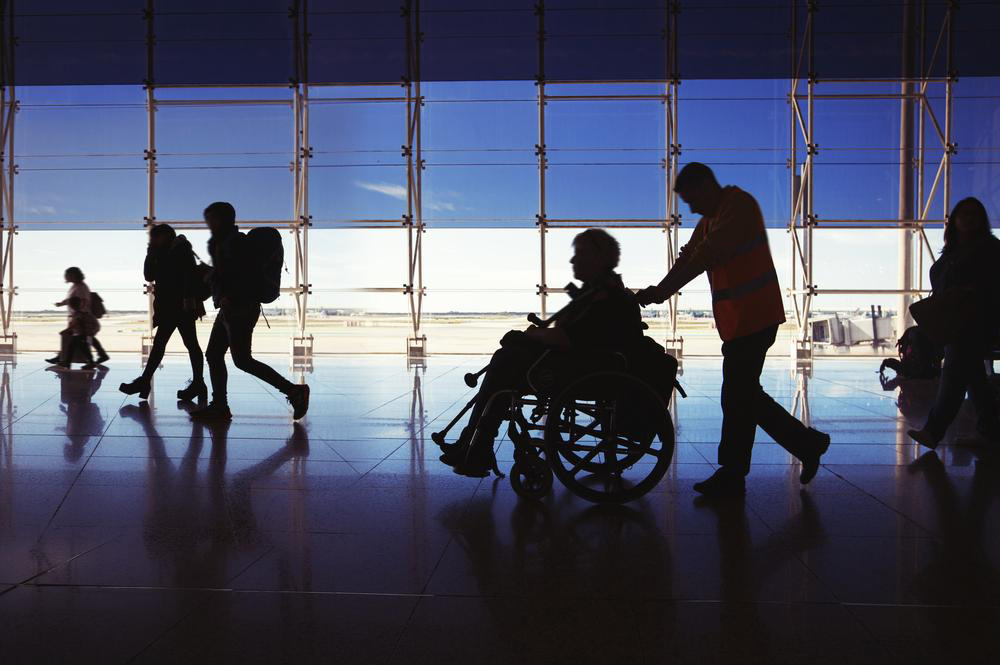
Essential Air Travel Tips for Passengers with Disabilities
Flying is often the most convenient and comfortable option for individuals with disabilities needing long-distance travel. Despite potential challenges, journeying by plane can be seamless if certain key arrangements are verified in advance with the airline. Here are important considerations before booking your flight:
• Seating and Accessibility: Ensure the airline provides suitable seating options and assistance services. Confirm that your chosen airline accommodates your needs for boarding, disembarkation, and seating, including assistance with any specialized devices.
• Pre-Flight Notifications: While some disabilities may not require prior notice, others might. For example, requesting onboard oxygen support or specific medical equipment necessitates informing the airline ahead of time. Review the airline's policies to understand necessary notifications.
• Traveling With an Accompanying Person: Major airlines often assist travelers with disabilities by assigning neighboring seats to attendants. Confirm this arrangement when booking. If traveling solo, inquire about airline policies and medical documentation requirements to ensure safety and acceptance.
• Airport Assistance: Airlines like United provide wheelchairs and ground support. Clarify the type of mobility assistance, security screening accommodations, and airport guidance available. Qualified staff should facilitate security checks, boarding, and navigating terminals, along with providing accessible facilities and information.
• Onboard Support: Verify whether the airline provides disability-friendly seating and personalized safety instructions. Whether traveling alone or with an aide, ensuring comfort and safety onboard is vital for a smooth journey.
Preparation and communication with your airline are crucial to make air travel accessible and stress-free for passengers with disabilities.

